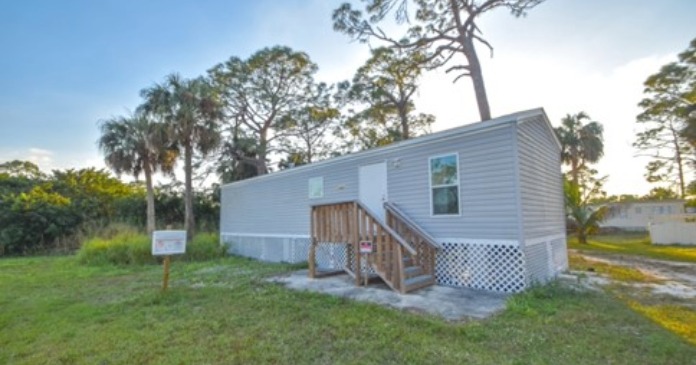I learned a great lesson in pivoting decades ago. More vivid than any textbook, the lesson was hard-won knowledge as the single-family new home market slid into one of its regular down cycles only a couple of years after the launch of my own business.
Suddenly several of our major clients—national names, established developers and builders who seemed invincible—were in a weakened state. “How could this happen?” thought my unseasoned mind. As it turns out, quite easily.
Cycles are a regular part of the housing landscape, which is directly tied to economics, public health, national security—let’s just say housing can be tied to most every measure of national well-being. It is, after all, the backbone of the nation.
While my first down cycle was a shock to the system, it would never again be a surprise. Ingenuity, problem-solving and nimbleness are known tools that businesses use to work through down cycles. Entrepreneurs are not in business for calm waters. They are risk-takers who know how—or rapidly learn how—to navigate the unexpected.
It reminds me of a rancher who experienced a drop in beef prices and pivoted to selling manure. Probably most ironic is that manure had a better profit margin. What a great lesson in how entrenched ingenuity is this great country.
Those in housing join the sector because it’s a predictable line of work, said no one ever.
Rough seas harden productive American businesses. Through wind and rain and snow—even through malaise—the lion’s share of businesses find their way.
Reason prevails. When it doesn’t, correction is imminent. “If something can’t go on forever, it will stop,” said economist Herbert Stein about the U.S. federal debt decades ago.
Self-inflicted chaos
America’s trade deficit hit a record $918 billion in 2024. Our cumulative trade deficit—mostly all incurred since 2000, is over $17 trillion.
The 2024 projected federal budget is $7 trillion, with interest on our debt just under $1 trillion. The annual federal budget deficit doubled from $900 billion in 2019 to $1.9 trillion in 2025.
This equates to an explosion of foreign ownership of American assets (10-year treasury notes and others) to cover the federal government’s addiction to spending. Addictions are hard to break. Sobriety, self-control, and discipline are necessary.
Our addiction to deficit spending and the world’s addiction to trade surpluses with America will stop. How, remains to be seen. I’m optimistic that we will all make it through rehab.















